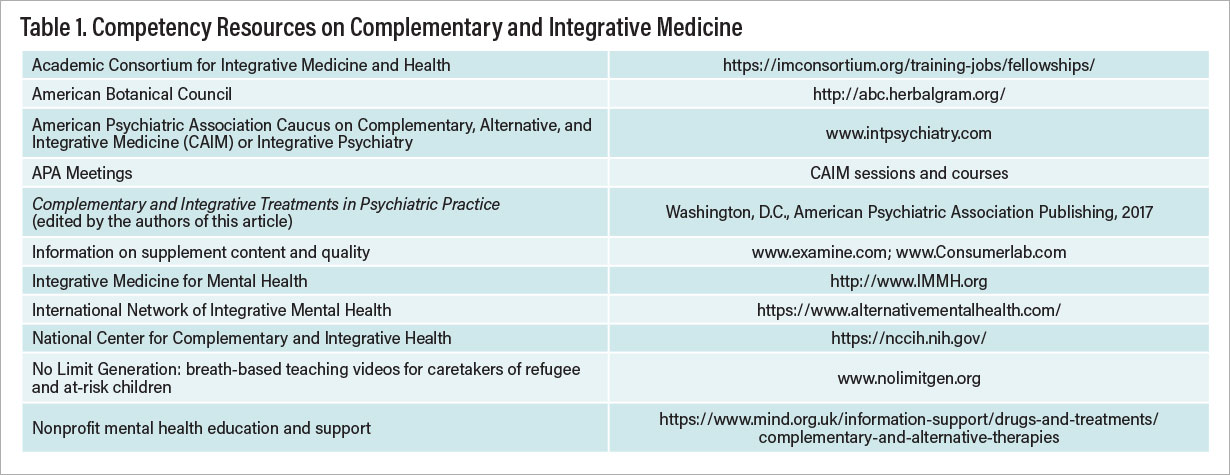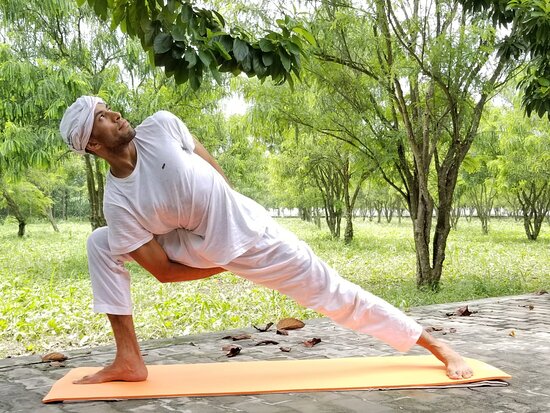
You should know some basics about hot yoga before you begin your practice. These include Precautions. Equipment. And Preparation. Once you have a few of these things down pat, you're ready to get started. Read on for some helpful tips. After your session is over, remember to hydrate. If you enjoy it, consider adding hot yoga to your regular practice. If you hated it, try a different style.
Be aware
Hot yoga beginners should be aware of some safety precautions. These include knowing your limits and not powering through when you feel too hot. Please inform your instructor if there are any medical conditions. You can also see your doctor prior to the class. Hot yoga is a risky activity. Talk to your doctor before you try it. Visit the American College of Sports Medicine for more information.
Equipment
When you begin your journey into hot yoga, there are several pieces of equipment you should have. While most yoga studios offer props and yoga mats, it is worth investing in your own equipment if you are a beginner. You can start practicing yoga on your mat to improve your postures. With the addition of blocks, straps, or other props, you can elevate your practice.
Preparation

Before your first class at a hot yoga studio, you should prepare yourself by reading up on the benefits of yoga, reading about the different poses, and learning about the yogic lifestyle. Drink plenty of water to prepare for the heat. One teaspoon of coconut oil may be mixed with electrolyte. You will be able to work out effectively if you eat a balanced diet that includes complex carbohydrates, healthy fats and lean proteins.
Language
There are likely to be some unfamiliar words when you begin a class of hot yoga. It's likely that the instructor is speaking Sanskrit which is one of the oldest human languages. You'll soon learn the language, but it's not too hard! It is the best defense against the naysayers to be well-informed about yoga and its history. In this article, you'll learn some of the essential vocabulary for beginners.
Cues
For hot yoga beginners, there are a few essential cues you need to pay attention to. Your job as a teacher of yoga is to make sure that students understand the meanings of the cues. The meaning of the cues may vary depending on how you have experienced them. Talking to your instructor before class is crucial to let them understand how you feel. Good yoga instructors should be able to adapt poses to accommodate different health conditions.
Hydration
If you are just starting out with hot yoga, drinking lots of water is the key to proper hydration. Your reusable water bottle can be filled up after your workout. Then, drink it as soon and as you feel thirsty. Water should be consumed for at least 30 seconds after your workout. Foods rich in magnesium or potassium are great for hydration. These foods are great for replenishing electrolytes after a hot yoga session.
Getting bendy

As a beginner in hot yoga, you might be wondering what the best way to get bendy is. Make sure you drink lots of water. Then, drink plenty of water during the class, and monitor your pee to make sure it's not a slushy mess. Try to avoid getting sloshy and chugging gallons of lemonade before class, and stay hydrated after.
FAQ
What effect does mental health have on my relationships?
Your mental state can impact every aspect of your personal and professional life. It affects your ability function properly at school, work, and home. It can be difficult to build meaningful relationships due to mental health issues.
When you're dealing with a mental health condition, it's easy to isolate yourself from others. You might avoid social situations or feel unworthy because no one understands.
It's important to remember, however, that people want to be with you. You only need to teach them how to approach you.
If you have trouble connecting with people, it is worth talking to them about what your feelings are. You can tell them what you feel and ask for their help.
What do psychologists think about mental health and well-being?
Psychologists believe that mental health is an essential part of human development. They also believe that mental health is not only about having no mental illnesses but also about being mentally fit.
Mental health can be viewed from different perspectives by psychologists. Some psychologists believe mental health is unnecessary because so many people don't have any mental illnesses. Others feel that mental well-being is vital because it allows us to function properly.
Is mental health as important as work?
It is vital that everyone has a good mental health, especially those who work. If you feel stressed at work, you should try to relax by doing something fun like going out with friends, taking a walk outside, or listening to music.
If you find that you cannot relax, you should talk to your boss or supervisor. You may find solutions to your stress through them.
Also, take care to your physical health. It's important to eat right, exercise regularly, take enough rest, and get plenty of sleep.
Why is mental well-being important for students
Students' mental health is crucial because it allows them to be focused on school and excel academically. If you don’t feel happy, you won’t do well in school. Students suffering from depression are more likely to miss class, which can lead them to get poor grades. This may result in dropping out of highschool and eventually college.
Talk to your teachers or parents if you are struggling with depression. They can help you get all the support you need.
It is important that you remember that not everyone suffering from depression needs medication. Talk therapy is effective for many people. If you are interested in getting help, you should see a counselor.
Why is it essential to improve emotional health?
Well-being and happiness are tied to emotional well-being. You won't be able perform at your best if you aren't emotionally healthy. People who suffer from depression often find themselves unable to work effectively. They may also experience anxiety, panic attacks, insomnia, and other symptoms. The good news about these conditions is that they can be successfully treated using medication and therapy.
Why is mental health important?
Mental health is crucial for everyone. If you don't feel well mentally, you won't be able to do anything else. It is important to keep your mind healthy.
Our bodies will begin to show signs of stress if they aren't feeling well. This could lead to physical problems such as headaches, stomach aches, backaches, and more. To keep our bodies and minds healthy, we must take care ourselves.
Statistics
- Similarly, for positive mental health, there is likely to be substantial agreement about some typical components (e.g., resilience to stress) 6, and controversy about more atypical components (e.g., career consolidation). (ncbi.nlm.nih.gov)
- In any given year, an estimated 18.1% (43.6 million) of U.S. adults ages 18 years or older suffered from any mental illness, and 4.2% (9.8 million) (healthypeople.gov)
- More than 50% will be diagnosed with a mental illness or disorder at some point in their lifetime.3 (cdc.gov)
- Similarly, while there is some agreement about the boundaries of typical mental disorders 2, there is likely less agreement about those for positive mental health. (ncbi.nlm.nih.gov)
- Appropriate nutrition and exercise are likely among the most efficacious and cost-effective positive mental health interventions. (ncbi.nlm.nih.gov)
External Links
How To
How to manage stress
Stress is a normal part of life; however, when we feel stressed, we want to find ways to relax and relieve our tension. Stress can affect every area of your life. It can cause physical problems such as headaches, neck pain, back pain, stomach aches, heartburn, diarrhea, constipation, insomnia, depression, anxiety, and muscle spasms. You may even develop ulcers if you're under chronic stress.
There are many ways to reduce stress. Exercise helps you release endorphins, which make you happy, relaxed, and calm. Meditation helps reduce stress by slowing down, and taking deep breathes. Yoga is another way to reduce stress levels and improve your overall health.
The most effective way to manage stress is to learn how to control it and eliminate it altogether. Ask someone who knows what to do if you are unsure.